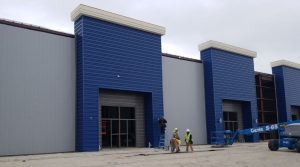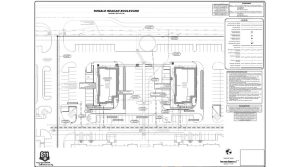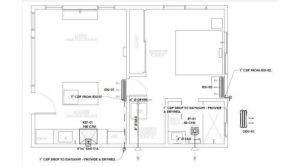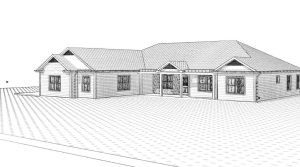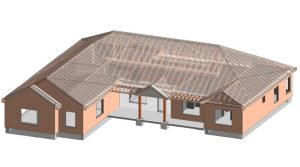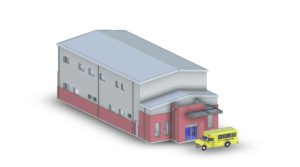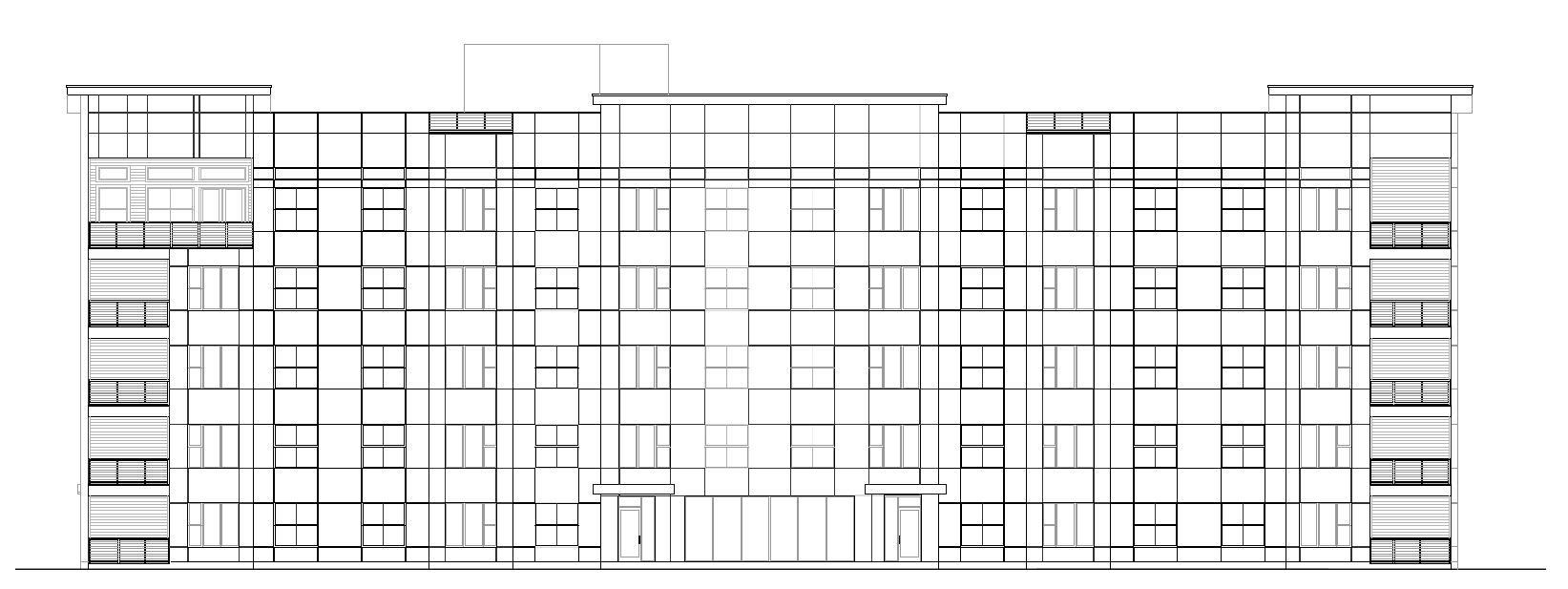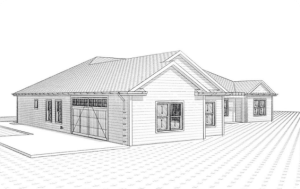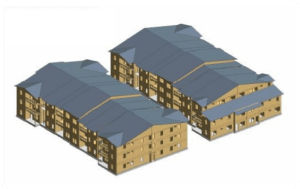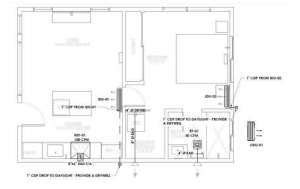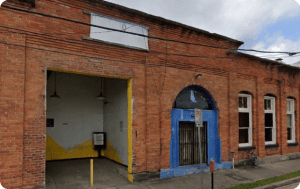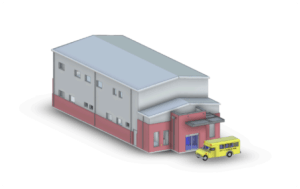Winter Energy Saving Tips: Expert Advice from Top MEP Design Engineers
The winter season is often associated with sky-high energy bills and expensive heating costs. But it doesn’t have to be that way. With a few simple tweaks and changes, you can significantly reduce your energy usage and save money on your energy bills. But where do you start? Luckily, we’ve consulted with some of the top MEP design engineers in the industry to bring you expert advice and tips on how to save energy during the winter months. From understanding your home’s energy usage and identifying areas of heat loss to investing in energy-efficient appliances and adopting energy-saving habits, we’ve got everything you need to make your home more energy-efficient and comfortable this winter. So, whether you’re a homeowner or a renter, read on to learn how you can save money and reduce your environmental impact this winter.
1. Introduction to winter energy saving challenges
As the winter months approach, it becomes crucial for homeowners and businesses to find effective ways to save energy and reduce their utility bills. Winter energy saving challenges are unique and require careful consideration to maintain a comfortable indoor environment while minimizing energy consumption.
One of the primary challenges faced during the winter season is the need for heating systems to work harder to combat the cold temperatures outside. This increased workload can lead to a significant spike in energy usage, potentially resulting in higher bills. Additionally, poorly insulated buildings and inefficient heating systems can exacerbate the problem, making it even more challenging to achieve energy efficiency.
Another challenge that arises during winter is the prevalence of drafts and air leaks. These can occur around windows, doors, and other areas of the building, allowing cold air to seep in and warm air to escape. The constant battle between the indoor and outdoor temperatures not only compromises comfort but also puts a strain on heating systems, leading to increased energy consumption.
2. Importance of energy conservation in winter
As the winter season approaches, energy conservation becomes increasingly crucial. With dropping temperatures and longer nights, households and businesses tend to consume more power for heating, lighting, and other energy-dependent activities. However, it is vital to recognize the importance of energy conservation during this time to not only reduce utility bills but also contribute to environmental sustainability.
Conserving energy in winter holds several benefits. Firstly, it helps in reducing energy costs, which can be a significant burden on households and organizations. By adopting energy-saving practices, individuals can effectively manage their energy consumption and lower their monthly bills. This not only saves money but also allows for the allocation of resources to other essential areas.
Secondly, energy conservation plays a vital role in reducing carbon footprints and combating climate change. The generation of electricity often relies on fossil fuels, which emit greenhouse gases into the atmosphere, leading to global warming. By minimizing energy consumption, we can collectively reduce the demand for electricity and subsequently decrease the burning of fossil fuels, thus mitigating environmental impact.
3. Understanding the role of MEP design engineers in energy efficiency
MEP design engineers play a crucial role in ensuring energy efficiency in buildings, especially during the winter months when energy consumption tends to spike. These highly skilled professionals are responsible for the Mechanical, Electrical, and Plumbing (MEP) systems that are integral to a building’s overall energy performance.
When it comes to energy efficiency, MEP design engineers work diligently to optimize various systems within a building. They carefully assess the heating, ventilation, and air conditioning (HVAC) systems to ensure they are designed and installed to operate at peak efficiency. This includes selecting energy-efficient equipment, properly sizing and positioning heating and cooling units, and implementing smart controls and automation systems to minimize energy wastage.
4. Top 5 energy saving tips for winter from MEP design engineers
When it comes to saving energy during the winter months, who better to turn to for expert advice than MEP design engineers? These professionals are well-versed in the intricacies of mechanical, electrical, and plumbing systems, making them the perfect source for valuable energy-saving tips. Here are the top 5 tips recommended by these experts to help you keep your energy consumption in check and reduce your winter utility bills.
1. Optimize your heating system: Start by ensuring that your heating system is running efficiently. Regular maintenance, including cleaning or replacing filters, can significantly improve its performance. Additionally, consider installing a programmable thermostat to better control the temperature in your home and adjust it based on your needs and schedule.
2. Seal air leaks: Drafts and air leaks can cause significant energy loss. Inspect your windows, doors, and other areas prone to leakage, and seal any gaps or cracks using weatherstripping or caulking. This simple step can help keep the cold air out and the warm air in, reducing the strain on your heating system.
3. Improve insulation: Good insulation is key to minimizing heat loss in your home. Check your attic, walls, and floors to ensure they are adequately insulated. Consider adding insulation where needed, especially in areas that tend to be poorly insulated, such as the attic or basement.
4. Utilize natural light: Take advantage of the sunlight during the day by opening curtains and blinds to allow natural light to enter your home. Not only does this provide warmth, but it also reduces the need for artificial lighting, cutting down on energy consumption.
5. Case studies showcasing successful energy-saving projects
Case studies showcasing successful energy-saving projects can be a valuable resource for individuals and businesses seeking to reduce their energy consumption during the winter months. These real-life examples provide tangible evidence of the effectiveness of certain energy-saving strategies and serve as inspiration for others to follow suit.
One such case study involves a commercial building in a bustling city center. The building’s owners enlisted the expertise of top MEP design engineers to implement energy-efficient measures throughout the facility. By conducting an energy audit and analyzing the building’s energy usage patterns, the engineers identified several areas for improvement.
6. Expert insights on the long-term benefits of energy efficiency
When it comes to energy efficiency, it’s not just about saving money on your monthly utility bills. There are also significant long-term benefits that can have a positive impact on your finances, the environment, and the overall comfort of your home or business.
We reached out to top MEP (Mechanical, Electrical, and Plumbing) design engineers to get their expert insights on the long-term benefits of energy efficiency. They emphasized that investing in energy-efficient solutions can lead to substantial savings over time.
One of the key long-term benefits is the reduction in energy consumption. By implementing energy-efficient technologies and practices, you can significantly decrease your overall energy usage. This not only helps to conserve valuable resources but also lowers your carbon footprint, contributing to a greener and more sustainable future.
7. Overcoming common misconceptions about winter energy conservation
When it comes to winter energy conservation, there are several common misconceptions that can hinder your efforts to save energy and reduce your utility bills. It’s important to be aware of these misconceptions and overcome them for maximum efficiency.
One common misconception is that turning up the thermostat to a higher temperature will heat up the room faster. In reality, your heating system works at a consistent rate regardless of the temperature setting. Turning up the thermostat only leads to unnecessary energy consumption and higher bills. Instead, set your thermostat to a comfortable temperature and be patient as the room gradually warms up.
8. Addressing the financial aspects of energy-saving measures
When it comes to implementing energy-saving measures, it’s crucial to address the financial aspects as well. While the motive behind saving energy may primarily be environmental consciousness, it’s equally important to consider the potential cost savings that can be achieved.
One effective strategy is to conduct an energy audit or assessment of your building. This will help identify areas where energy is being wasted and allow you to prioritize the implementation of energy-saving measures based on their potential return on investment (ROI).
For instance, investing in energy-efficient equipment such as LED lighting, programmable thermostats, and high-efficiency HVAC systems may require an upfront cost, but the long-term savings in energy bills can be substantial. By calculating the payback period for these investments, you can determine whether they are financially viable for your specific situation.
9. Engaging occupants and promoting energy-conscious behaviors
Engaging occupants and promoting energy-conscious behaviors is crucial in maximizing energy savings during the winter season. While implementing energy-efficient technologies and systems is important, the behavior of building occupants plays a significant role in overall energy consumption.
One effective way to engage occupants is through educational campaigns and awareness programs. Providing information about the benefits of energy conservation and offering practical tips can empower individuals to make conscious choices. This can be done through informative posters, email newsletters, or even organizing workshops or webinars.
10. Conclusion and final thoughts on the importance of winter energy saving
In conclusion, winter energy saving is not only beneficial for your wallet but also for the environment. By implementing these expert tips and advice from top MEP design engineers, you can significantly reduce your energy consumption during the colder months while still maintaining a comfortable living space.
We hope you found this blog post on winter energy saving tips helpful and informative. Our expert advice from top MEP design engineers will help you make your home more energy-efficient during the colder months. By implementing these tips, you can not only reduce your energy bills but also contribute to a more sustainable environment. Stay warm and cozy while saving energy this winter! Remember, every little step counts in our journey towards a greener future.










